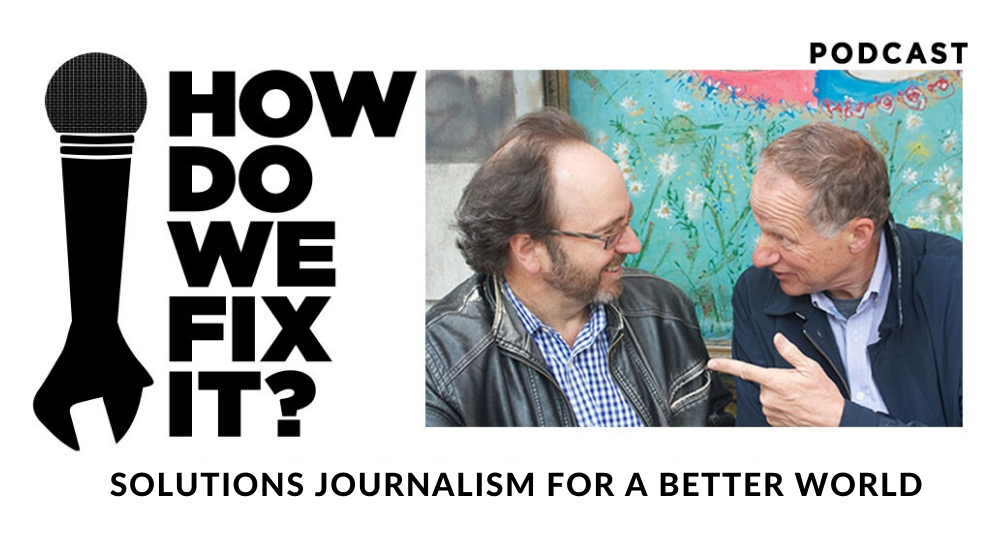In his inaugural address, Donald Trump gave a grim description of American cities, speaking of "carnage" and "rusted out factories.” But the reality is far different in many urban centers.
Our guest is Kay Hymowitz of The Manhattan Institute, author of "The New Brooklyn: What It Takes To Bring a City Back."
Kay has lived in Park Slope, Brooklyn since 1981. She gives a first-hand account of Brooklyn's transformation from high crime and deindustrialization in the 60's, 70's and 80's to the borough's comeback in the last two decades.
Kay says, “Brooklyn, which was once a major factory town, peaked in 1950—in terms of manufacturing power. In recent decades we've seen a rise of "a different kind of economy." Before the hipsters and tech startups, there was an expansion in government, healthcare and legal jobs. From education, tech innovation and new forms of business to public transportation and rezoning, this show looks at how the new Brooklyn took shape and how this story can help other cities.
Solutions:
Encourage new business and creative workers. From makers, artisans and immigrant-run small businesses to tech entrepreneurs, Brooklyn's growth has been nurtured by new arrivals. Business leaders, educational institutions and New York's Mayor established the Downtown Brooklyn Partnership, a development corporation to coordinate business improvement districts.
Nurture tech and creative startups. Every industry needs people who are trained in technology, The Brooklyn Law Incubator and Policy Clinic, launched in 2008, advise aspiring entrepreneurs on everything from intellectual property law to contract agreements. The City University of New York, The Pratt Institute and Brooklyn College have all started initiatives in the past decade.
Ease the confusing array of regulations that put up barriers for small neighborhood businesses and start-ups.
Bring business and schools together to encourage new forms of work training, especially for middle-skilled jobs.
Improve and reform public education to build opportunity for the next generation of workers and residents.
Invest in public transportation. Brooklyn's success has largely depended on buses and trains, which provide an affordable form of travel.
In Brooklyn and other cities where rents have soared, consider rezoning. Done in a sensitive way, with respect for older buildings and neighborhoods that often add to the charm and character of a city, this can increase the amount of overall housing, leading to rent reduction.
You can read a recent review of Kay's book in The New York Times
